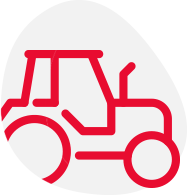09 January 2026 |
Reports
Evaluation reports in this download:
Document
Workplace Exposure Limits for hazardous chemicals Workplace exposure standards for chemicals
Page last updated: 09 Jan 2026
09 January 2026 |
Reports
Evaluation reports in this download:
Document
Workplace Exposure Limits for hazardous chemicals Workplace exposure standards for chemicals
Page last updated: 09 Jan 2026
09 January 2026 |
Reports
Evaluation reports in this download:
Document
Workplace Exposure Limits for hazardous chemicals Workplace exposure standards for chemicals
Page last updated: 09 Jan 2026
09 January 2026 |
Reports
Evaluation reports in this download:
Document
Workplace Exposure Limits for hazardous chemicals Workplace exposure standards for chemicals
Page last updated: 09 Jan 2026
09 January 2026 |
Reports
Evaluation reports in this download:
Document
Workplace Exposure Limits for hazardous chemicals Workplace exposure standards for chemicals
Page last updated: 09 Jan 2026
09 January 2026 |
Reports
Evaluation reports in this download:
Document
Workplace Exposure Limits for hazardous chemicals Workplace exposure standards for chemicals
Page last updated: 09 Jan 2026
09 January 2026 |
Reports
Evaluation reports in this download:
Document
Workplace Exposure Limits for hazardous chemicals Workplace exposure standards for chemicals
Page last updated: 09 Jan 2026
09 January 2026 |
Reports
Evaluation reports in this download:
Document
Workplace Exposure Limits for hazardous chemicals Workplace exposure standards for chemicals
Page last updated: 09 Jan 2026
09 January 2026 |
Reports
Evaluation reports in this download:
Document
Workplace Exposure Limits for hazardous chemicals Workplace exposure standards for chemicals
Page last updated: 09 Jan 2026
09 January 2026 |
Reports
Evaluation reports in this download:
Document
Workplace Exposure Limits for hazardous chemicals Workplace exposure standards for chemicals
Page last updated: 09 Jan 2026
09 January 2026 |
Reports
Evaluation reports in this download:
Document
Workplace Exposure Limits for hazardous chemicals Workplace exposure standards for chemicals
Page last updated: 09 Jan 2026
09 January 2026 |
Reports
Evaluation reports in this download:
Document
Workplace Exposure Limits for hazardous chemicals Workplace exposure standards for chemicals
Page last updated: 09 Jan 2026

